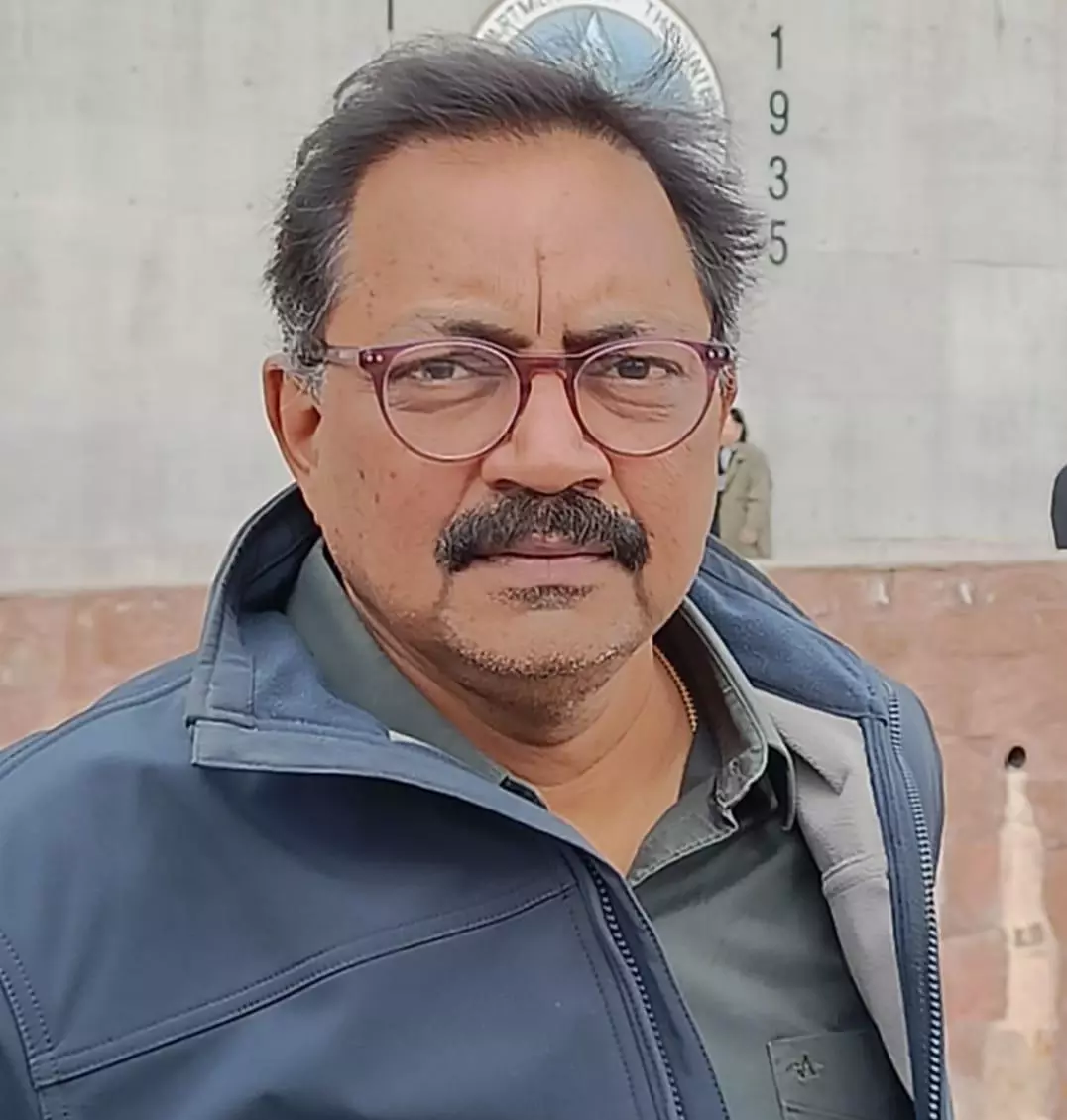Telangana exempts farmers, households from Centre’s order on groundwater charges
While the Centre asked all State governments to impose extraction charges for pumping out groundwater, the Telangana Government has exempted four categories including agriculture

HYDERABAD: While the Central Ground Water Authority (CGWA), based on the National Green Tribunal’s directions, asked all State governments to impose extraction charges for pumping out groundwater, the Telangana Government, through a GO, has exempted four categories including agriculture from paying the bill.
“As Telangana has peculiar reasons for its dependence on groundwater, the government decided to exempt farmers, rural drinking water schemes, individual house owners in rural and urban areas and armed forces and paramilitary establishments from paying extraction charges,” said Pandit Madhunure, Director of Groundwater Department, Telangana.
Speaking to NewsTAP on Monday, he said that the Telangana Government had felt that there was no need to adopt the CGWA guidelines in toto for Telangana as the State had its own authority in the shape of Telangana State Water Land and Trees Act (TSWALTA).
Accordingly, Special Chief Secretary Dr Rajat Kumar issued GO MS 15 on May 27, 2023, giving directions to authorities concerned including the Groundwater Department to exempt certain categories. However, industries, private tankers that depend on bulk water supply, and infrastructure projects that drew huge amounts of groundwater would be levied charges as per the rates fixed by the CGWA.
Apartments must have sewage treatment plants
On the other hand, all apartment complexes and gated communities in urban areas must install their own sewage plants and must utilise that treated water for toilet flushing, car washing and gardening purposes. They must also acquire a ‘No Objection Certificate’ (NOC) from the respective district groundwater authorities to extract groundwater.
For commercial use of groundwater, an NOC could only be issued based on the availability of groundwater in that particular area, the order said. No new industry, except MSMEs, would be granted permission to pump water if the area had a history of overexploitation of the precious resource.
However, for mega infrastructure projects that require dewatering to facilitate foundation work, the government would allow the extraction of groundwater to an extent of 20 cubic meters per day.
The order specified that all mining projects in the State would have to properly adhere to the rules of channeling water for irrigation, dust suppression, and other mandatory conditions to seek a NOC.
The private tanker operators would have to install GPS-based systems in their vehicles for proper monitoring of their movements.
The government would appoint a vigilance committee for the effective implementation of the rules. The committee would have an additional collector of the district as its head and tahsildar, a sub-divisional police officer, a station officer, a district rural development officer, a district groundwater officer and a representative of TSWALTA.



